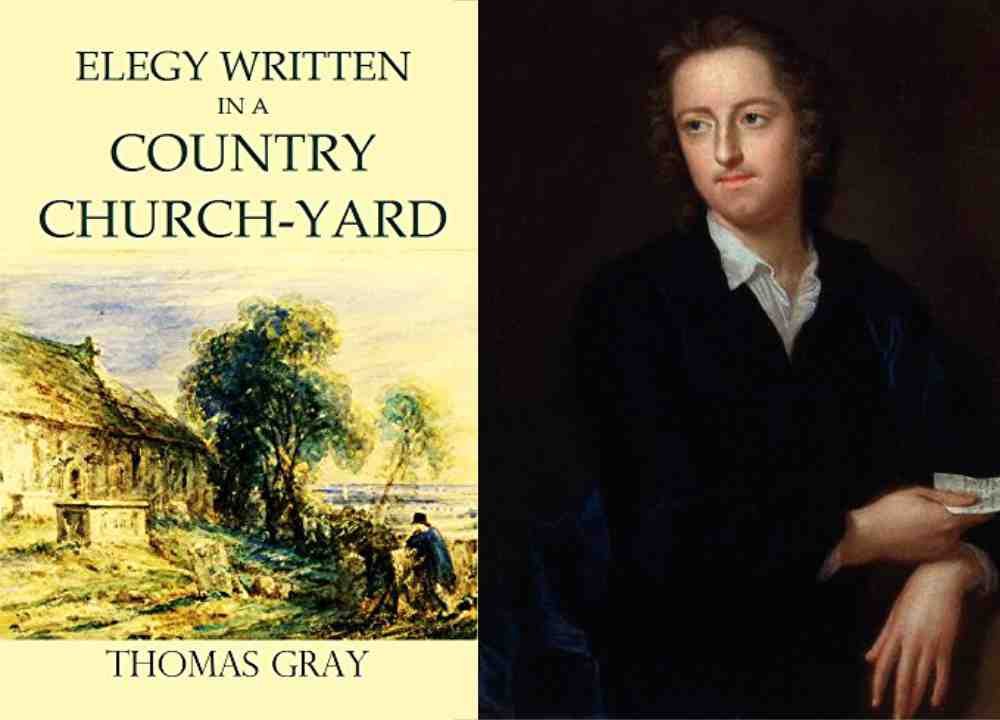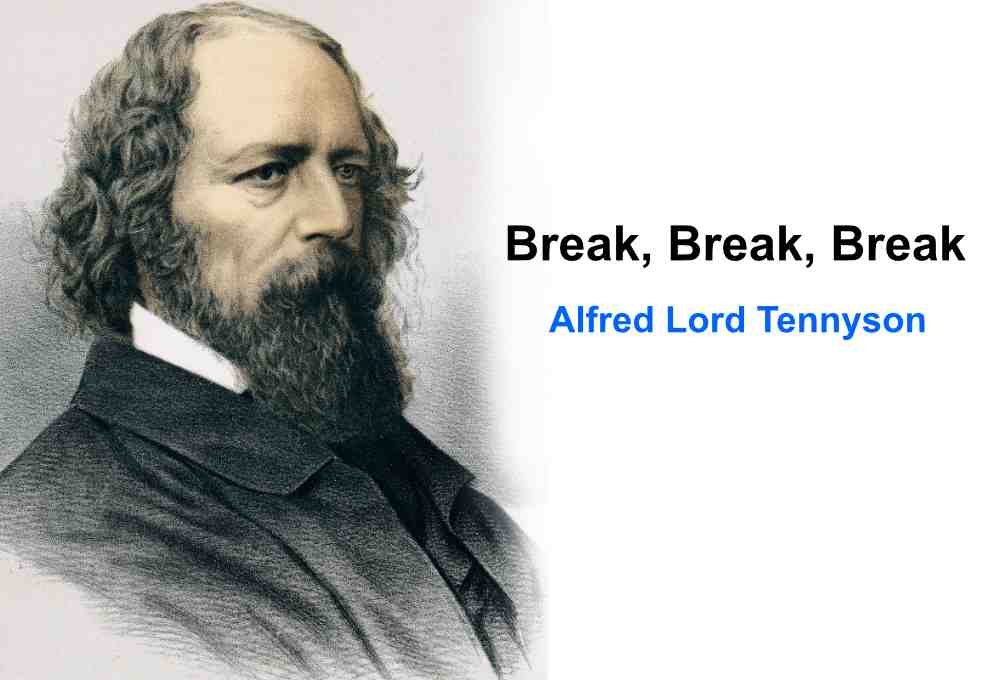It was Leigh Hunt who wrote the poem Abou Ben Adhem. Though this poet is not much famous for his poetry and he is better known for his role in facilitating the work of other poets at the time like P. B. Shelley as well as John Keats, this poem is one of the handfuls of poems of Leigh Hunt’s even now widely read.
- The poem Abou Ben Adhem deals with an event in the life of Sufi saint Ibrahim bin Adham that is anglicized to Abou Ben Adham. (Once) he encounters an angel who is doing the task of writing the record of those people who love God.
- When Ben Adhem comes to know that his name is not on the list of that angel, he (the former) provides him (the latter) instruction to mark him down as a person who loves his “fellow men”
- The next night it happens that the same angel comes back with a list of those people whom God blesses. Now, in this list, Adam’s name is at the top. It suggests that God also loves and favors those persons who love their fellows
- So, it can be said that love for others is the best way of expressing love for God
- It is noteworthy that Leigh Hunt wrote Abou Ben Adhem in 1834 but it was Samuel Carter Hall (husband of the writer Anna Maria Hall) who published this poem in 1834 in The Amulet which was his gift book
Abou Ben Adhem (may his tribe increase!) Awoke one night from a deep dream of peace, And saw, within the moonlight in his room, Making it rich, and like a lily in bloom, An angel writing in a book of gold:— Exceeding peace had made Ben Adhem bold, And to the presence in the room he said, "What writest thou?"—The vision raised its head, And with a look made of all sweet accord, Answered, "The names of those who love the Lord." "And is mine one?" said Abou. "Nay, not so," Replied the angel. Abou spoke more low, But cheerly still; and said, "I pray thee, then, Write me as one that loves his fellow men." The angel wrote, and vanished. The next night It came again with a great wakening light, And showed the names whom love of God had blest, And lo! Ben Adhem's name led all the rest.
Abou Ben Adhem Summary
Table of Contents
The poet or the speaker, in the early lines of this very popular poem, starts out the heart-touching story of Abou Ben Adhem by blessing this noble person. At this time, Abou has (just) woken up from an (I) deep, (II) peaceful sleep.
When he looks around his moonlit bedroom, he finds that it is filled with a sense of pure loveliness. Similar to that of a blooming lily, by the presence of an angel. He (the angel) is writing in a golden book.
It is noteworthy that Abou Ben Adhem lives a peaceful life that’s why he has become fearless. Consequently, he asks the angel about its writing. It looks up with compassion and replies that it is preparing a list of God-loving persons. Then, he makes an inquiry about whether it is on the list.
The angel answers him that it is not. Abou does not ask the angel to add his name to the aforementioned list, but only requests it to make a list of those men who love their “fellow men” as well as put his name on this new list.
The angel, before departing, does what Abou Ben Adhem tells him to do. When it comes back the next night in a blaze of light:
- It has a second list of those men whom God blesses
- Moreover, Adam’s name is also at the top of this new list
Abou Ben Adhem Themes
Leigh Hunt incorporates many themes in his poem Abou Ben Adhem; such as (I) Religion (II) Love, as well as (III) Morality. Though the title character of the poem is challenged by the fact that his name is not on that (initial/first) list the angel is writing, he is not deterred.
Moreover, it is his faith that he is not only a kind as well as good soul but he was also creative to find a way to prove it. Though it is a narrative poem, it features elements of the fable as well. In this way, the poem is a depiction of a story. It helps in teaching a moral lesson to the readers.
In case, a man desires to be close to God, he has to do nothing special but just love his “fellow men”. This love is at the root of Christianity, as per the suggestion of the poet.
Abou Ben Adhem Form and Structure
Leigh Hunt’s Abou Ben Adhem is a narrative poem. It is made of just two stanzas; the first one has fourteen lines whereas the second one contains four lines. Leigh Hunt divided this poem into couplets rhyming AABBCCDD as well as so on; (in this way) a quite simple rhyme scheme.
Moreover, every rhyme is also perfect or full throughout. As far as the above-mentioned format is concerned; it is perfectly suited for a storytelling narrative poem.
Not only rhyme, the meter of the poem Abou Ben Adhem is quite well structured as well. The poet, for most of the lines, uses iambic pentameter; in other words, the majority contains five sets of two beats – the one ( the first) unstressed whereas the one (the second) nstressed. But, one can easily see some examples in which the poet switches the arrangement of stresses:
- Line ten of this poem does not begin with an iamb but with a trochee
- In line two, here, the two words “deep dream” are stressed. So, they create a spondee
u003cstrongu003eQues:u003c/strongu003e Why have people praised the poem u003cemu003eAbou Ben Adhemu003c/emu003e?
u003cstrongu003eAns:u003c/strongu003e People praise Leigh Hunt’s u003cemu003eAbou Ben Adhemu003c/emu003e for its stereotypical depiction of an Arab Ibrahim Bin Adham.
u003cstrongu003eQues: u003c/strongu003eWhat is the central idea of u003cemu003eAbou Ben Adhemu003c/emu003e?
u003cstrongu003eAns:u003c/strongu003e The poet, through the poem u003cemu003eAbou Ben Adhemu003c/emu003e ultimately argues that the love of human beings is God’s love because people are the creation of God. Shortly speaking, if a(ny) person says that he loves God and first does not put this into practice through a love of his u0022fellow menu0022, he does not really love Him (means God) at all.
u003cstrongu003eQues:u003c/strongu003e Why can u003cemu003eAbou Ben Adhem u003c/emu003ebe considered an example of Romantic Orientalism?
u003cstrongu003eAns:u003c/strongu003e Leigh Hunt’s great poem u003cemu003eAbou Ben Adhemu003c/emu003e can be regarded as an instance of Romantic Orientalism because of:u003cbru003eIt’s Middle Eastern settingu003cbru003eSpiritualistic undertones





